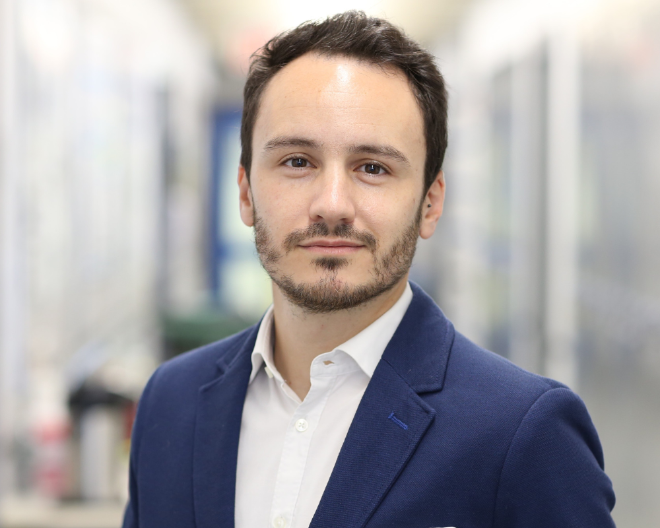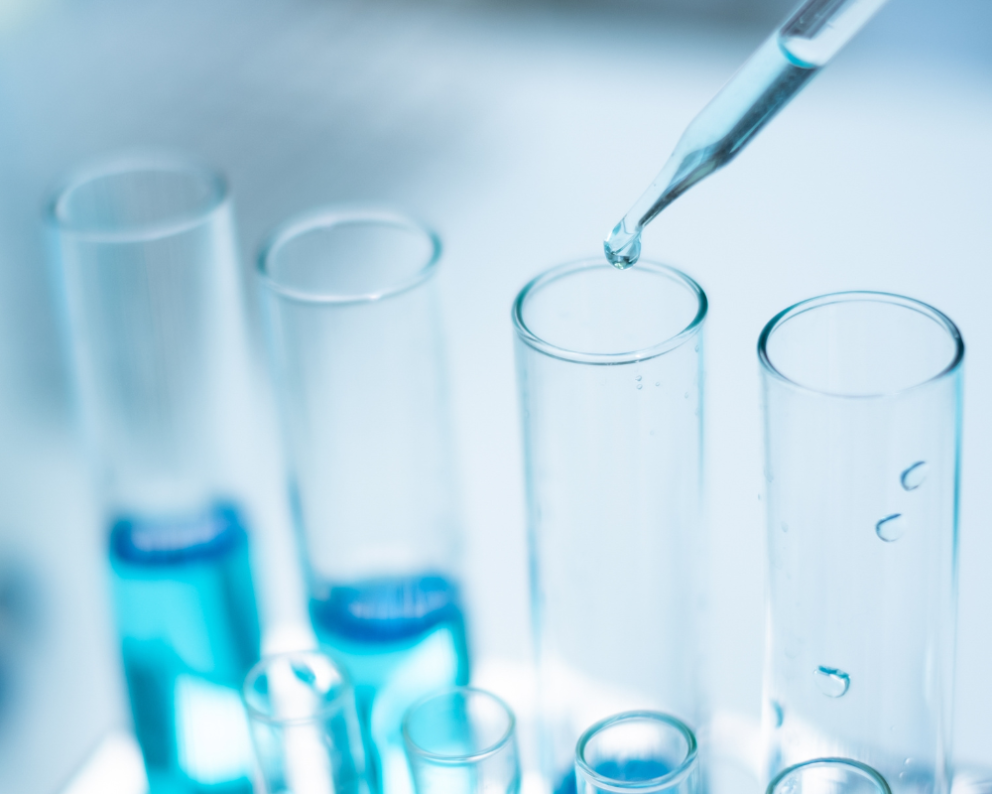
European Research Council (ERC) has announced the winners of the Advanced Grants 2023: among them are Alessandra Boletta, Group Leader of the Cystic Kidney Disorders Unit of IRCCS Ospedale San Raffaele, and Matteo Iannacone, Professor of General Pathology at the Vita-Salute San Raffaele University, Director of the Division of Immunology, Transplantation and Infectious Diseases of IRCCS Ospedale San Raffaele and Group Leader of the Dynamics of Immune Responses Unit of IRCCS Ospedale San Raffaele.
The prestigious ERC grants support innovative research in a variety of disciplines: scientific excellence is the sole criterion for project evaluation. In particular, Advanced Grants are aimed at experienced researchers with an impressive research record. With their Advanced Grants, Dr. Boletta and Prof. Iannacone will receive up to €2.5 million each for up to five years.
This year, the European Research Council evaluated 1829 proposals, selecting 255 for a total amount of €652 million. Of these, 75 are dedicated to research in Life Sciences. Italy was awarded 12 ERC Advanced Grants, of which 4 in Life Sciences, including the 2 won by Dr. Boletta – the first woman from San Raffaele to win an ERC Advanced – and Prof. Iannacone.
In 2023 alone, researchers from San Raffaele Hospital and University received as many as 8 ERC grants, helping to increase the Institute's prestigious medal tally to 28 ERC grants awarded in the years of the European program's history since its beginning in 2007. Winning more ERC funding is a significant achievement for any research institute and reflects its commitment to promoting cutting-edge research and attracting and retaining top talent, leading to greater global visibility and recognition as centers of innovation and scientific excellence.
“QtCilia” project
The "QtCilia" project, coordinated by Dr. Boletta, will study a new biological process – identified in her laboratory – of cross-communication between two organelles relevant to the cell: the primary cilia and the mitochondrion. The primary cilia are thin structures that protrude outward from the cell, a kind of antennas that pick up information present in the surrounding environment and transfer it into the cell itself. Although small, they are critical for normal cell function, so much so that their disruption cause major human diseases, including a whole class of genetic disorders called "ciliopathies".
The human disease most frequently associated with a malfunction of the primary cilia is polycystic kidney, a disease on which the laboratory directed by Boletta has focused its research efforts for the past 20 years, manifested by the formation of kidney cysts and loss of organ function.

Explains Boletta:
Our laboratory has recently discovered that the primary cilia are able to 'sense' the levels of nutrients available in the environment outside the cell and to channel the information to the mitochondrion, an intracellular organelle that functions as an energy powerhouse. Specifically, in our recent work published in Nature Metabolism, we found that the primary cilia sense levels of a key cell nutrient called glutamine (which has the scientific symbol Q). That is why the project is titled "A Novel glutamine (Q) sensory role for primary cilia: implications for health and disease" with acronym QtCilia (read "Cute cilia”).
The funded project will answer three important questions:
- How do the primary cilia "sense" nutrient levels?
- How do the primary cilia transfer the collected information to the mitochondrion?
- What role does the function of sensing nutrients and regulating the cellular response play in bioenergetic terms for ciliopathies?
To investigate these questions, a substantial program has been assembled that will make use of innovative technologies available at San Raffaele.
Boletta declares:
I am honored, and very happy. This is a great recognition of the work of our laboratory, of all the collaborators who are part of it now and who have been part of it in the past. It acknowledges the innovative capacity of our group, of which I am really proud, and grateful to the young ones.
“EUCLIDEAN” project
The EUCLIDEAN project, led by Prof. Iannacone, aims at revolutionizing the understanding of adaptive immunity against viral liver infections, specifically exploring how hepatitis B virus (HBV) induces dysfunction in adaptive immune cells. Through advanced imaging techniques and molecular analysis, EUCLIDEAN aims at identifying novel strategies to redirect the immune system against HBV, offering new hope in the fight against chronic viral infections.
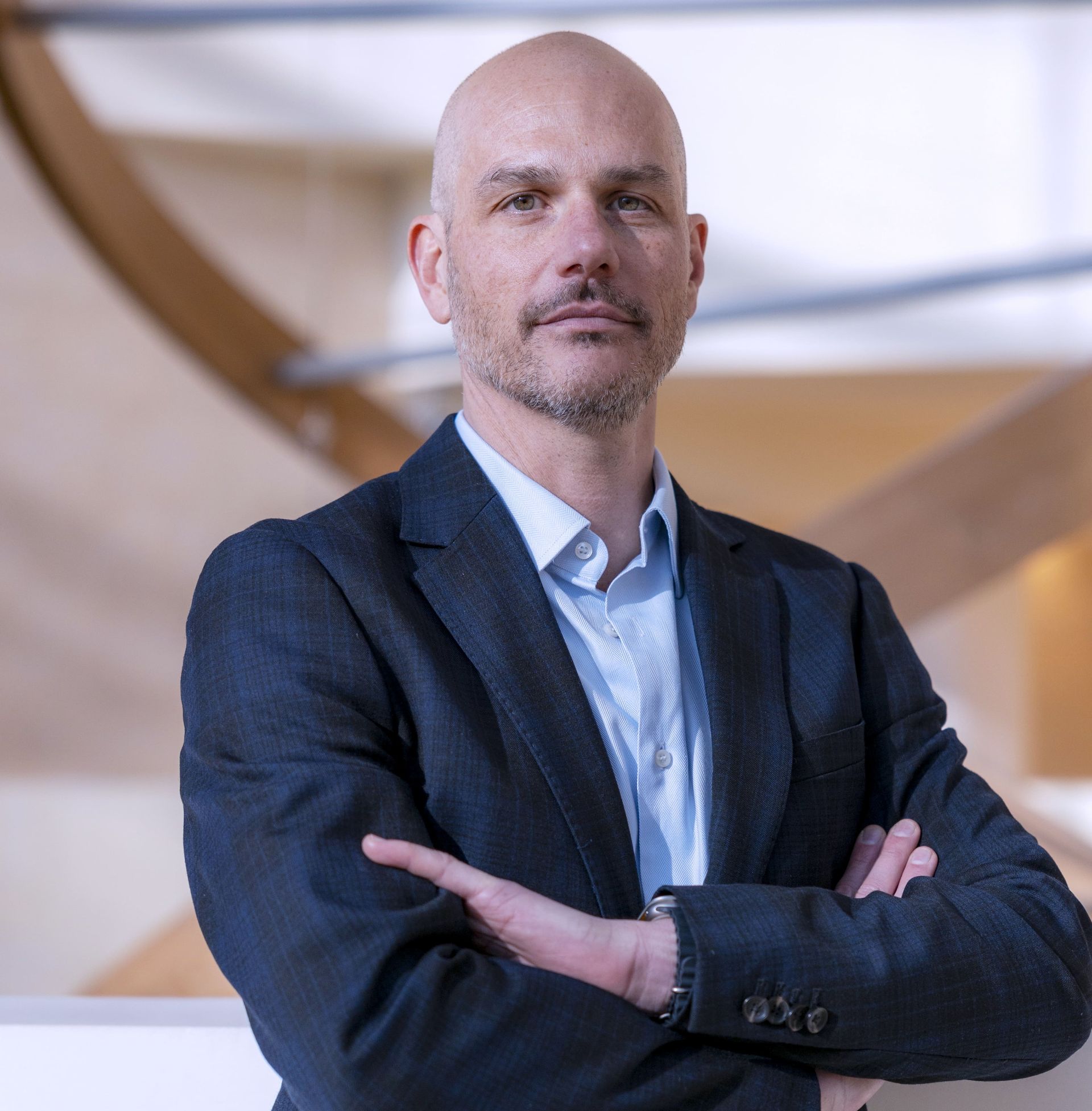
Importance of mentorship
After a long experience in the United States, Matteo Iannacone returned to San Raffaele (Italy) in 2010 thanks to a grant from the Armenise-Harvard Foundation. A true record, Matteo Iannacone was awarded five consecutive ERC Grants: Starting Grant (2011, "IVM-VIRUS-nAb" project), Consolidator Grant (2016, "FATE" project), two Proof of Concept Grants (2020 and 2023, with the "2LIVEr" and "S-CAM" projects, respectively) and this last one, Advanced Grant, with the "EUCLIDEAN" project.
In 2023, Professor Iannacone's former PhD students Marco De Giovanni, Valeria Fumagalli and Donato Inverso also won ERC Grants: Starting, Synergy and Consolidator grants, respectively. In addition, like his mentor, De Giovanni in 2023 also won the Career Development Award given by the Giovanni Armenise Harvard foundation to open his own laboratory in Italy.
This outstanding achievement highlights the importance of mentorship in scientific research and underscores Prof. Iannacone's contribution to the training of a new generation of excellent scientists. Vita-Salute San Raffaele University is committed to a robust and effective supervision program for PhD students, ensuring comprehensive support and guidance throughout their academic journey.
Iannacone states:
I am deeply grateful to both current and past members of our lab for their outstanding dedication and hard work. It is truly because of their collective effort that we have been able to achieve such significant results. This ERC Advanced Grant represents not only a recognition of our pioneering research, but also a milestone in our mission to rewrite the rules of liver immunology and transform the way we fight viral infections. I am particularly proud of this achievement and, perhaps even more so, of my former PhD students Marco De Giovanni, Donato Inverso, and Valeria Fumagalli, for being awarded their ERC Grants in the same call. This shows that, together, we are helping to define the future of scientific research, promoting new paradigms in immunology and pathology.
Alessandra Boletta
Graduated in Biology (Biochemistry) in Pavia, after a research experience abroad, first in England, then in the USA at Johns Hopkins University in Baltimore, where she started working on polycystic kidney, making relevant contributions to the field, in 2002 she returned to Italy thanks to the Telethon Careers Program (2002-2012) and a Marie Curie Excellence Team Leader Award project (2004-2008, which in the then Framework Funding Program represented a precursor to ERC Starting Grants). There she began working independently as an Assistant Telethon Scientist first and Associate Telethon Scientist later, focusing her research on genetic diseases, particularly on the autosomal dominant polycystic kidney. In 2008, she became Head of Unit at IRCCS Ospedale San Raffaele, where she served as Director of the Division of Genetics and Cell Biology from 2014 to 2019. Over the years, her laboratory has contributed in many ways to generating important discoveries in the field of the genetic disease polycystic kidney disease, especially by developing new therapeutic approaches and new hypotheses of disease pathogenesis. Throughout his career, she has received numerous awards, the most notable in 2022 from the International Society of Nephrology (Lillian Jean Kaplan Award for Excellence in PKD).
Matteo Iannacone
After graduating in Medicine, specializing in Internal Medicine and gaining a PhD in Immunology, Prof. Iannacone worked for about 10 years in the United States at the Scripps Research Institute in La Jolla and Harvard Medical School in Boston. In 2010 he returned to Italy thanks to a grant from the Armenise-Harvard Foundation and currently holds the position of Director of the Dynamics of Immune Responses Laboratory, Director of the Division of Immunology, Transplantation and Infectious Diseases, and Professor of General Pathology at the Vita-Salute San Raffaele University. He is the author of more than 115 scientific publications in leading scientific journals (including Nature, Science, Cell, Immunity, Nature Immunology, Nature Medicine) and the recipient of prestigious international awards, including the Armenise-Harvard Foundation Career Development Award, an ERC Starting Grant, the Young Investigator Award from the European Association for the Study of the Liver, the EMBO Young Investigator Award, an ERC Consolidator Grant, two ERC Proof of Concept Grants, the Chiara D'Onofrio Award, an ERC Advanced Grant, and the Alessandro Moretta Award from Cenacolo delle Culture e delle Scienze. He is an elected member of the Henry Kunkel Society and the European Molecular Biology Organization. He holds 14 international patents. Combining state-of-the-art in vivo imaging and molecular analysis techniques, he has made fundamental contributions to our understanding of immune response and virus-induced immunopathology.
You might be interested in
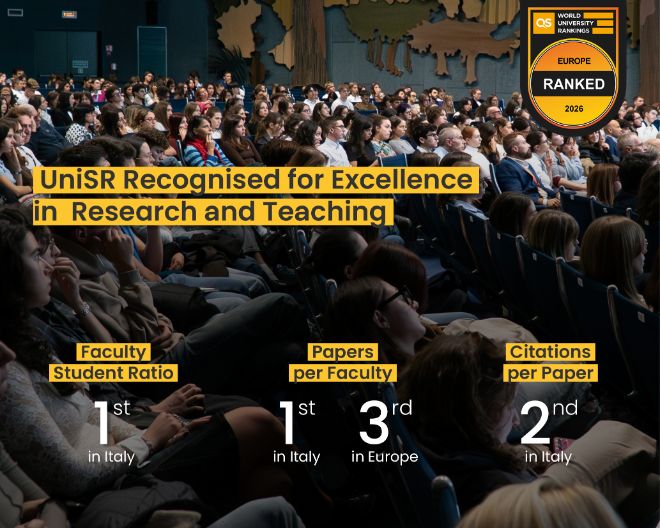
UniSR ranked 1st in Italy for Research and Teaching
/resolutions/res-c660x528/Veschetti_Cariplo_P.-Aeruginosa_UniSR-(1).jpg)
Uncovering the hidden role of bacterial microRNAs in chronic respiratory diseases
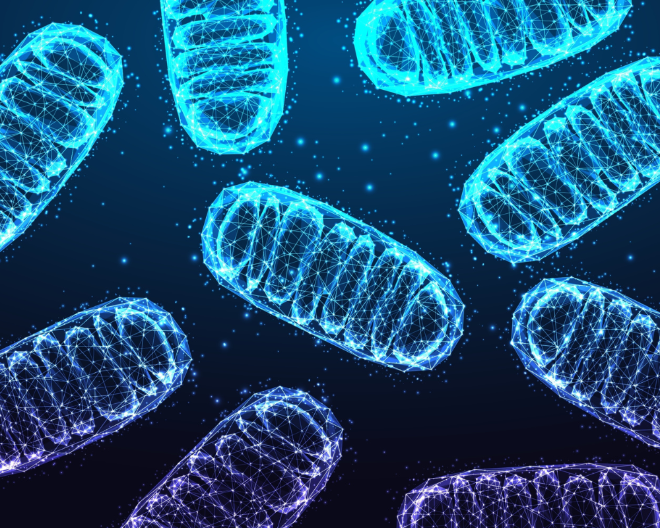
A New Approach to Enhance Immunotherapy in Multiple Myeloma
